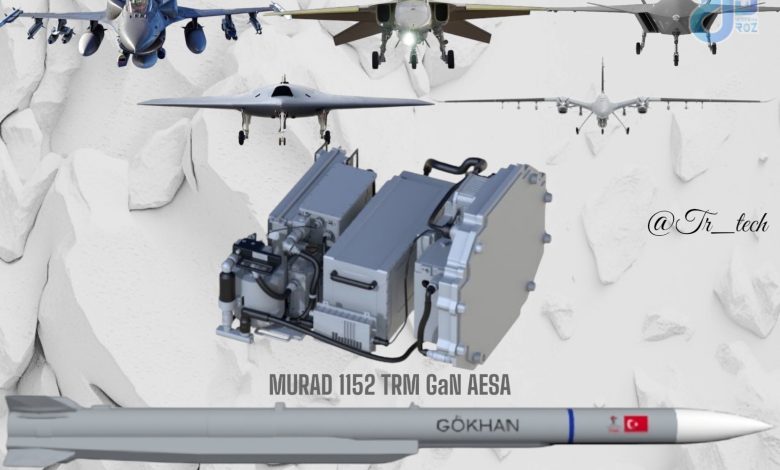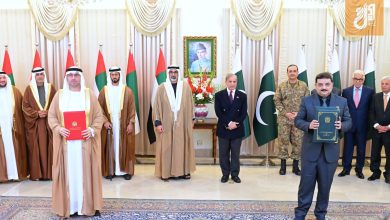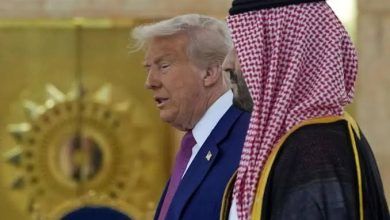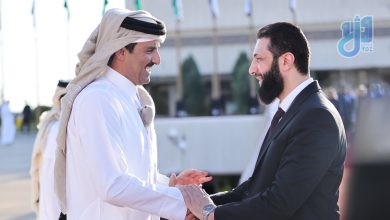Full Alert for Turkish Forces at the Syrian Border; F-16 Fighter Jet Flights and Emphasis on Territorial Integrity
In response to escalating tensions in northern Syria, Turkey has taken significant military steps. According to reports, all Turkish air force and army bases in border areas have been placed on full alert, with forces awaiting final instructions.

Weezha Roz-Kabul-This military movement comes alongside the renewed flight of advanced F-16 fighter jets in Syrian airspace.
Sources close to the Ankara government emphasize that maintaining Syria’s territorial integrity is considered a strategic priority for Turkey.
This position is interpreted as an effort to prevent the formation of autonomous regions by groups favored by Ankara, particularly in northern Syria.
Analysts believe that Turkey’s recent actions may be a response to developments in areas controlled by Kurdish forces or the presence of rival regional actors.
Military maneuvers and displays of air power have been conducted near the cities of Hasakah and Qamishli, serving as a warning to targeted groups about the possibility of operations similar to past ones, such as the “Operation Claw-Eagle.”
Ankara continues to emphasize its fight against “separatism” and its commitment to preserving Syria’s international borders, while maintaining limited coordination with Damascus within the framework of securing shared borders.
Turkey’s military movements are driven by two main objectives:
-Responding to security threats: Countering the activities of groups that Ankara deems “terrorist.”
-Exerting influence in regional dynamics: Strengthening Turkey’s position as a key player in resolving the Syrian crisis.
However, these actions may raise concerns for Russia, Iran, and even the United States, each of which has different interests in Syria.
By demonstrating military readiness, Turkey seeks to simultaneously shift the balance of power in northern Syria in its favor and send a clear message to both internal and external actors active in the region.
The continuation of this process is likely to either intensify conflicts or lead to behind-the-scenes negotiations to de-escalate tensions.
Weezha Roz




